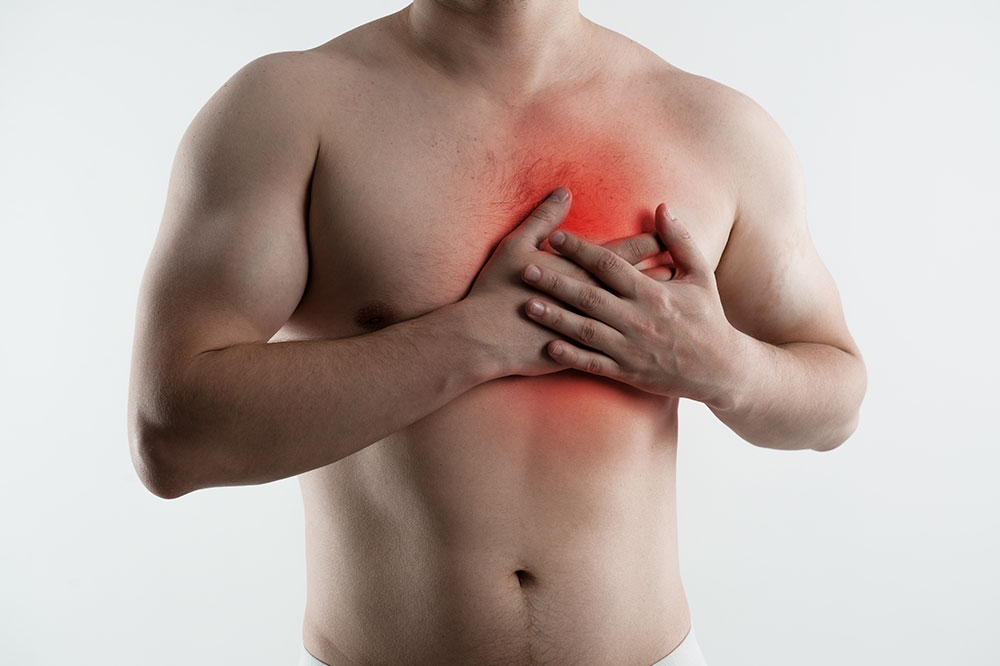How to Tell Heartburn Apart from a Heart Attack
This article explains how to differentiate between heartburn and heart attack chest pain. It highlights symptoms, causes, risk factors, and management tips for heartburn, emphasizing the importance of accurate diagnosis for effective treatment and safety.

Experiencing a burning sensation in the chest after eating is common and often called heartburn. However, in some cases, this discomfort can resemble the chest pain caused by critical conditions like a heart attack.
Heartburn, or acid reflux, happens when stomach acid flows back into the esophagus, frequently triggered by overeating or spicy foods. This results in a burning feeling, sometimes accompanied by nausea and unease.
If heartburn occurs more than twice weekly, it may indicate GERD, which needs medical attention to prevent complications.
Tips to Differentiate Heartburn from a Heart Attack
While both conditions can cause chest pain, their additional symptoms differ greatly.
Signs of a Heart Attack
Usually, pain radiates into the neck, arms, and shoulders. It may also include shortness of breath, dizziness, sweating, and a tight feeling in the chest.
Signs of Heartburn
Heartburn typically causes a burning sensation that worsens when lying down, often after meals. It can also lead to a bitter taste, sore throat, or the sensation of food regurgitating, along with nausea and difficulty swallowing. Sweating is rare in heartburn cases. If uncertain or severe, consult a healthcare provider for accurate diagnosis.
Common Causes of Heartburn
Frequent heartburn may stem from lifestyle habits or health issues. It affects all age groups and requires attention to prevent serious complications.
Important triggers include:
Overweight and obesity
Smoking and alcohol intake
Eating spicy, acidic, or greasy foods such as garlic, onions, tomatoes, and citrus fruits
Eating large meals or close to bedtime
Lack of physical activity and sedentary lifestyle
Identifying Heartburn-Related Chest Pain
Monitoring symptoms can help distinguish heartburn from a heart attack. Look for:
A burning sensation in the chest that worsens when lying down or bending over
Discomfort mainly after eating
Bitter or acidic taste in the mouth and sore throat
Symptoms improve when sitting upright; worsening when lying down
Seek immediate medical attention if chest pain is intense, persistent, or accompanied by other symptoms of a heart attack.
Managing Heartburn Effectively
Adopting healthy habits can lessen heartburn episodes. Maintain a nutritious diet, achieve a healthy weight, avoid smoking and alcohol, and eat regularly. Elevate your head during sleep and steer clear of trigger foods. For severe or ongoing symptoms, consult a healthcare expert for proper treatment, possibly including antacids.


